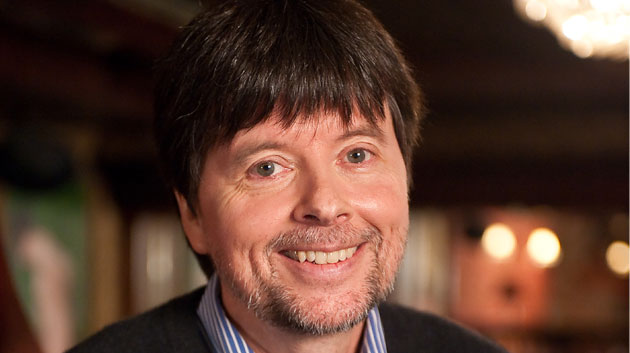I’ve been hearing about Ken Burns’ new project focusing on Country Music for over a ear. Now PBS has made it a realty b announcing that the anticipated documentary, succinctly called called “Country Music,” will air in 2018.
That will be about 5 years worth of work on the one series. Sure that’s a long time
but it helpes to keep in mind that it’s a year less than he spent on his ten-episode miniseries detailing jazz. And given Burn’s attention to detail ranging from The Civil War and the history of baseball it’s satisfying to see that there is care being applied ot a genre we all love.
The origins and fundamentals of roots, folk and country music are vast . deep at least as deep and vast as many of the topics Burns has tackled before. I have faith that this is going to be a fascinating (and lengthy) series.
From the release “The country series explores the question, “what is country music.” It will track the careers of the Carter family, Jimmie Rodgers, Bob Wills, Hank Williams, Johnny Cash, Willie Nelson and others.”
“For over a century, country music has been a pivotal force in American culture, expressing the hopes, joys, fears and hardships of everyday people in songs lyrical, poignant and honest,” said PBS President Paula A. Kerger. “It is fitting that we have two of America’s master storytellers, Ken Burns and Dayton Duncan, tell the story on film of an art form that for generations has told America’s story in song.”
The documentary will follow the rise of bluegrass music with Bill Monroe and note how one of country music’s offspring – rockabilly – mutated into rock and roll in Memphis. It will show how Nashville slowly became not just the mecca of country music, but “Music City USA.” All the while, it will highlight the constant tug of war between the desire to make country music as mainstream as possible and the periodic reflexes to take it back to its roots.
That;s the part that will be interesting to me, how Burns handles the splinter threads of the genre. The aforementioned Bluegrass The Outlaws, Bakersfield and, as Steve Earle helped shepherd and deemed, “Great Credibility Scare of the Mid-1980s.”


 I love discovering roots/country music from across the world.
I love discovering roots/country music from across the world.